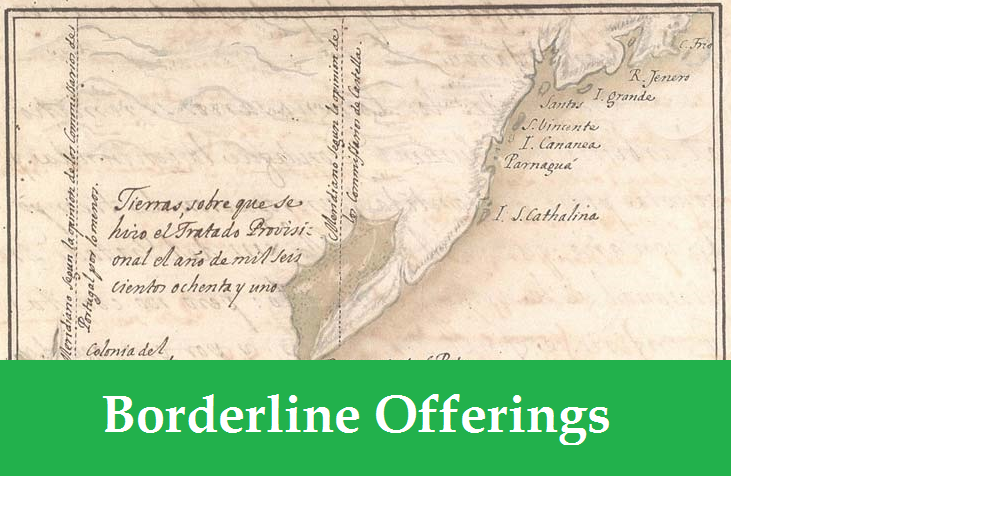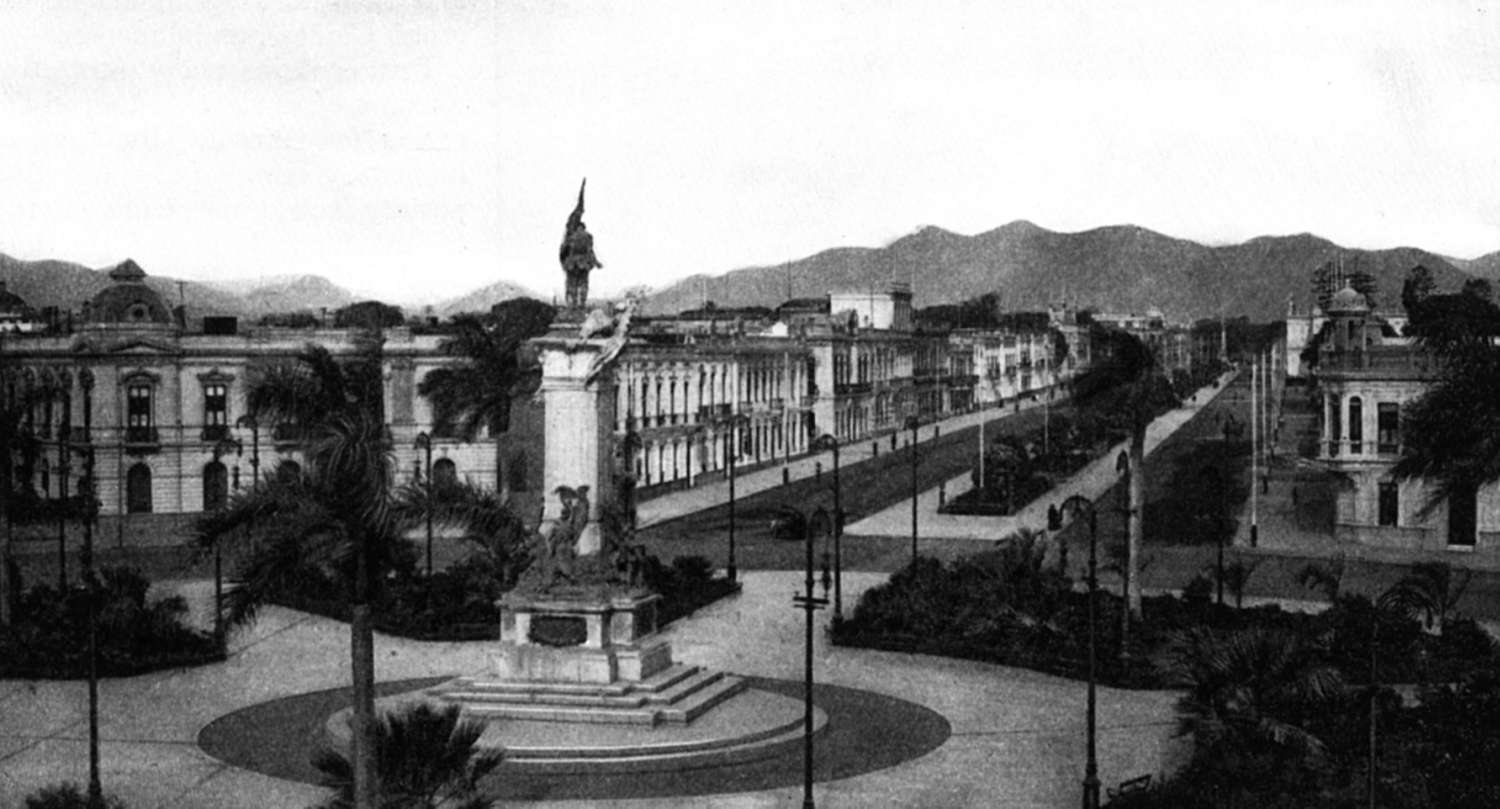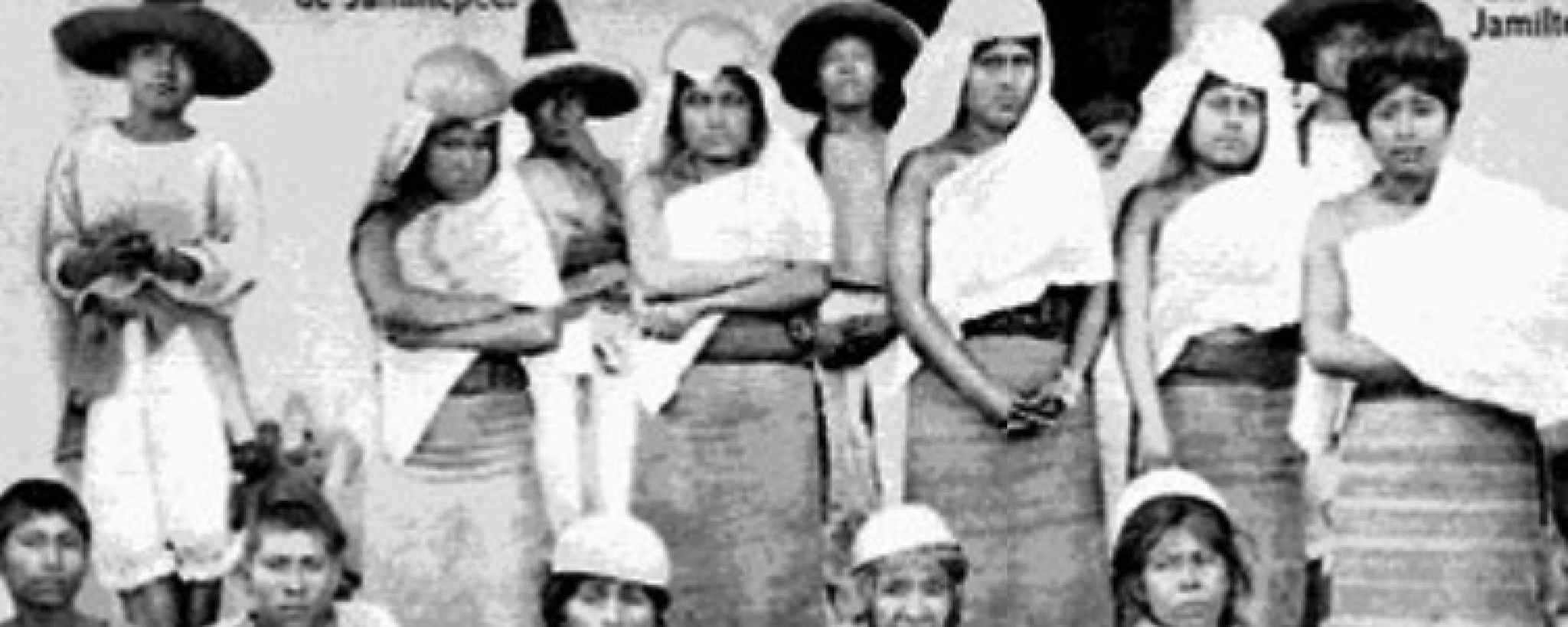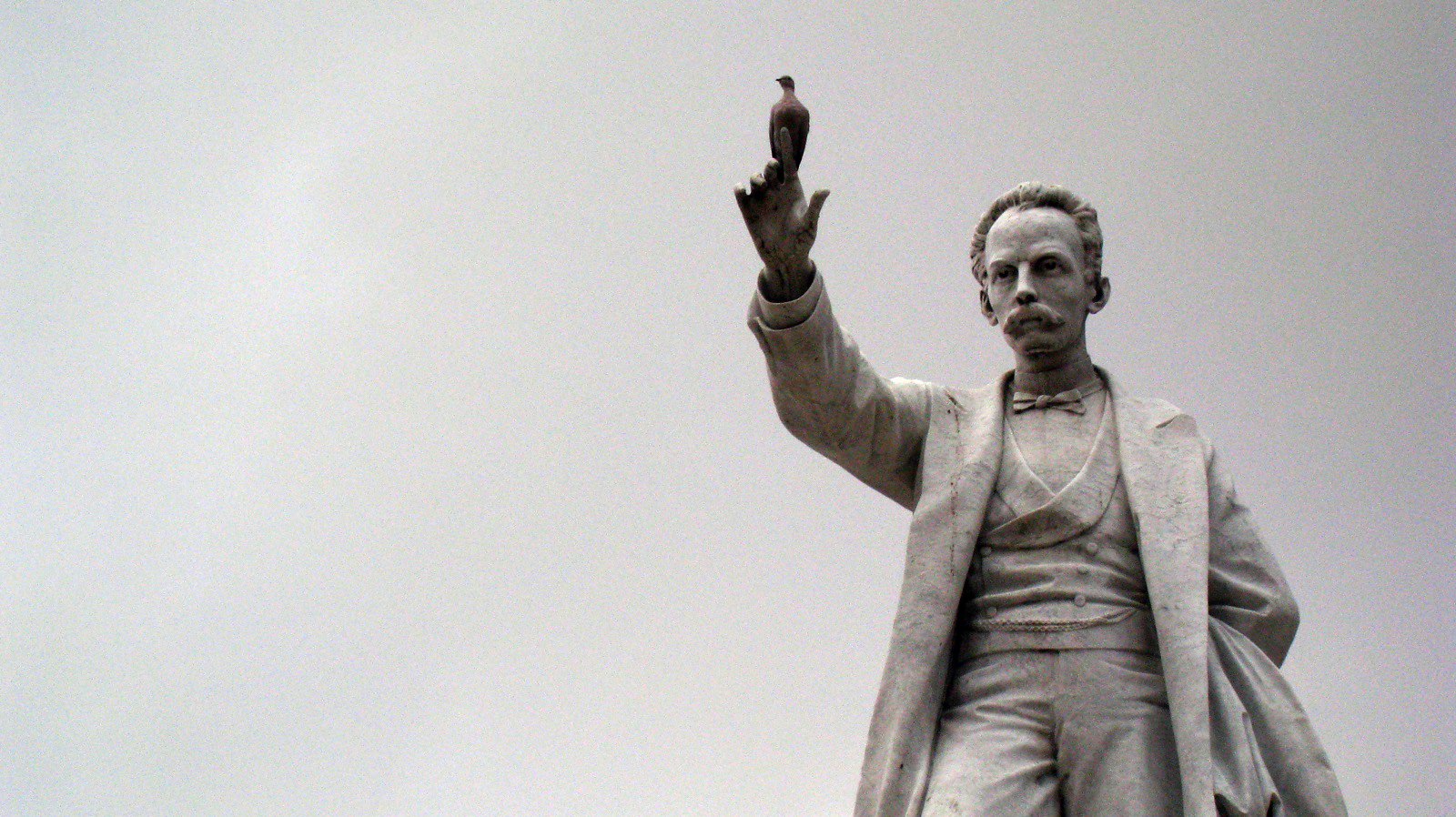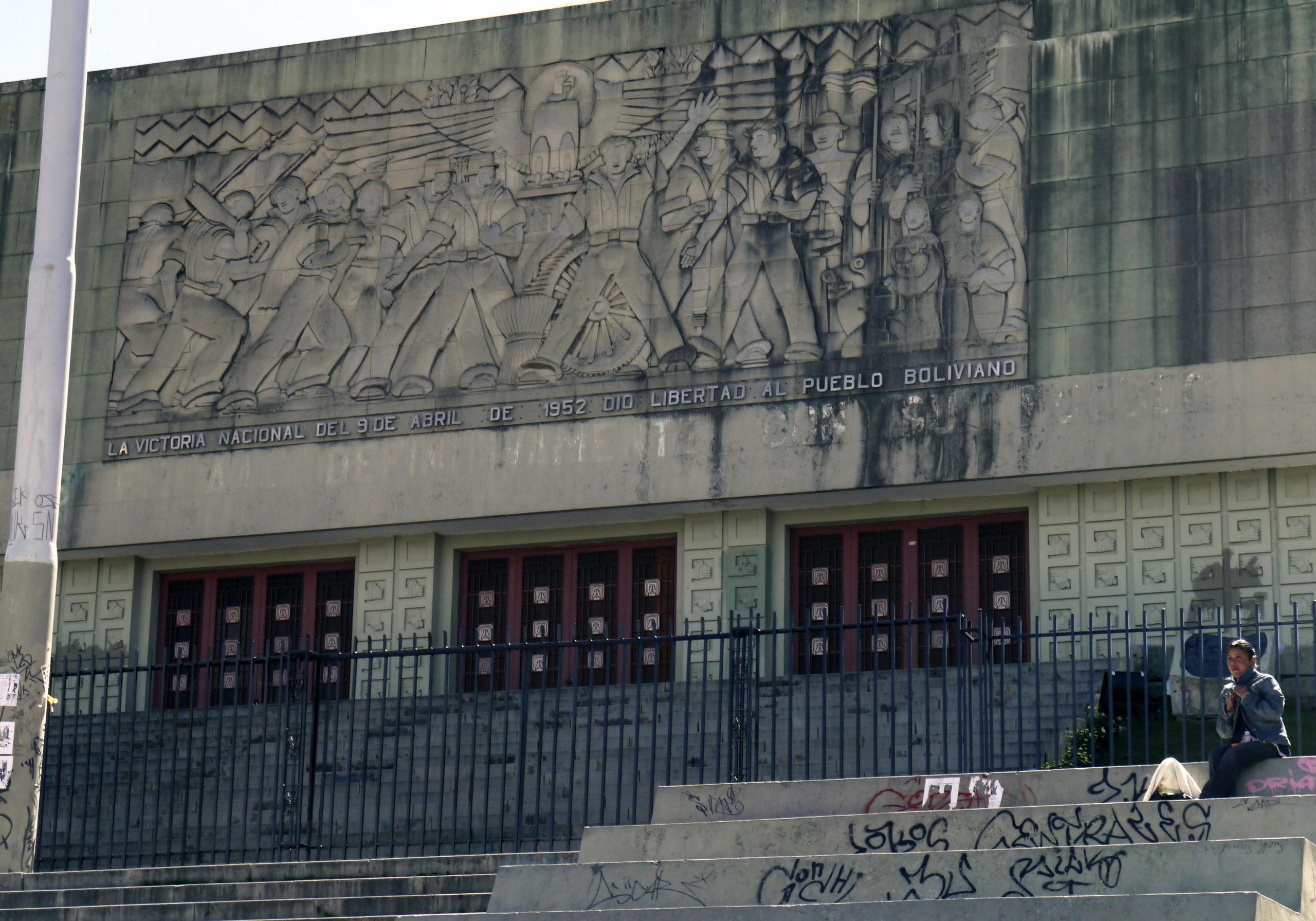GIS maps for Jeffrey A. Erbig Jr., “Borderline Offerings: Tolderías and Mapmakers in the Eighteenth-Century Río de la Plata”
In his interactive article for HAHR 96:3, Jeffrey A. Erbig Jr. uses geographic information system (GIS) technology to map the dynamic construction of borders in eighteenth-century Río de la Plata as part of a complex negotiation between indigenous caciques, local leaders, and Iberian crowns. Read the article here and follow the links to interactively engage with the GIS maps, which visualize in great detail the efforts of local caciques in relation to these borders. Below are links to the …

